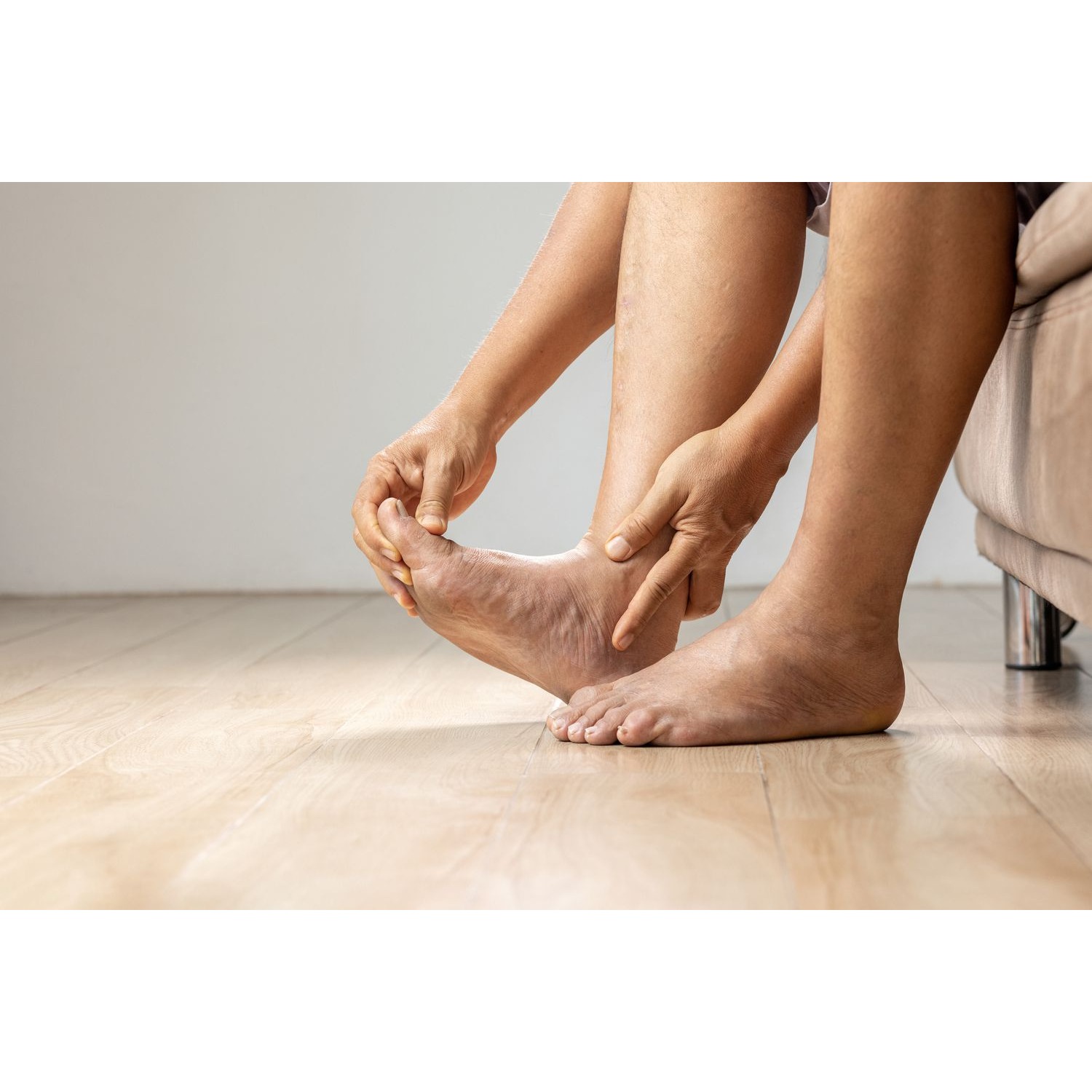



BEST FOOT PAIN PHYSIOTHERAPY TREATMENT IN ZAKIR NAGAR-PHYSIONAUTICS Tarsal tunnel syndrome (TTS) is a condition characterized by the compression of the tibial nerve as it passes through the tarsal tunnel, a narrow passageway located on the inside of the ankle. This syndrome can lead to various symptoms, including pain, tingling, numbness, and weakness in the foot. The tibial nerve is responsible for providing sensation and motor function to parts of the foot, and when it becomes compressed or damaged, it can result in significant discomfort and functional impairment. Causes of Tarsal Tunnel Syndrome The compression of the tibial nerve can occur due to several factors: 1. Anatomical Issues: Conditions such as flat feet or high arches can stretch or compress the tibial nerve. 2. Injuries: Swelling from injuries like ankle sprains or fractures can lead to increased pressure on the nerve. 3. Growths and Masses: Abnormal growths such as bone spurs, ganglion cysts, or varicose veins may occupy space within the tarsal tunnel and exert pressure on the nerve. 4. Systemic Diseases: Conditions like diabetes, arthritis, or hypothyroidism can cause inflammation and swelling that contribute to nerve compression. Symptoms of Tarsal Tunnel Syndrome Individuals with TTS may experience a range of symptoms that vary in intensity: • Pain: Often felt at the inside of the ankle or along the bottom of the foot. • Numbness and Tingling: These sensations may radiate into the toes. • Weakness: Difficulty in moving toes or performing activities that require foot strength. • Burning Sensation: A common complaint among those affected. Symptoms may worsen during physical activity and could persist even at rest if left untreated. Diagnosis of Tarsal Tunnel Syndrome To diagnose TTS accurately, healthcare providers typically conduct a thorough evaluation that includes: 1. Medical History Review: Understanding previous injuries and symptoms. 2. Physical Examination: Assessing foot movement and sensation. 3. Diagnostic Tests: • Electromyography (EMG) to evaluate electrical activity in muscles. • Nerve conduction studies to assess how well signals travel along nerves. • Imaging tests like MRI or ultrasound to identify any structural abnormalities. Physiotherapy treatment- strengthening of foot muscles, stretching of calf and tibialis, correction of foot biomechanics and use of orthotics . We have a team of highly skilled professionals who deal with such conditions and specialized in these kinds of conditions, we also provide services in new friends colony, maharani bagh, east of kailash, sukhdev vihar and jasola.
We hate spam too.